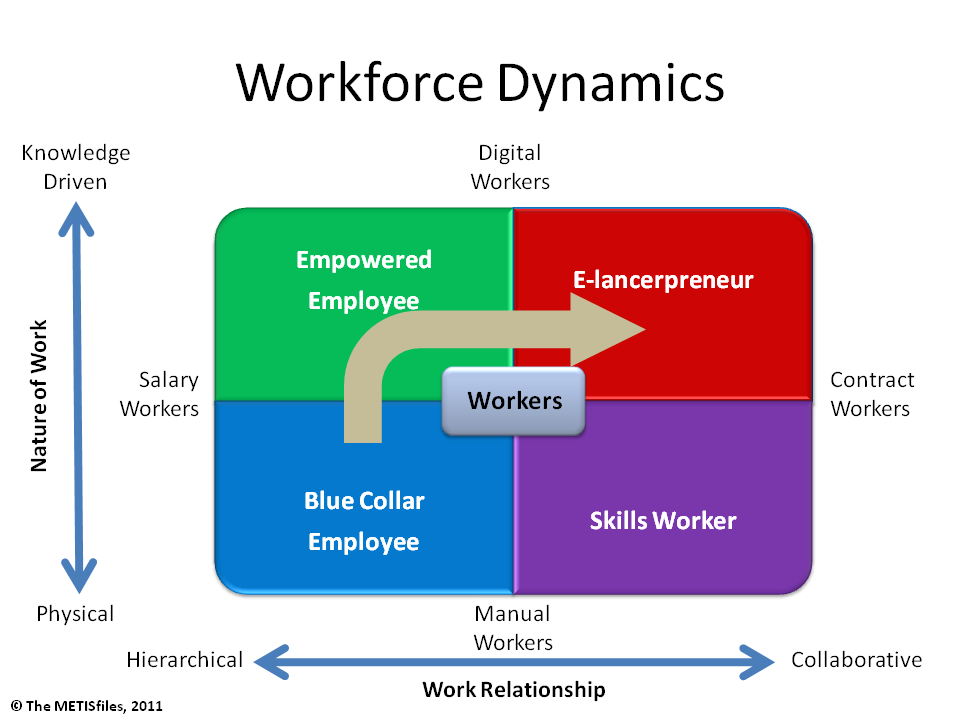
Nature of work
An administrative analysts prepares and analyzes financial data for a business or organization. Based on that research, he/she may provide a budget that keeps in mind yearly needs as well as future needs. An administrative analyst must know how to do basic research and must be computer-proficient as he or she is responsible for preparing a variety of data reports. He/she do the following tasks :- Reviewing forms and reports and conferring with management and users about format, distribution, and purpose to identify problems and improvements.
- Gathering and organizing information on problems or procedures.
- Analyzing data gathered and developing solutions or alternative methods of proceeding.
- Conferring with personnel concerned to ensure successful functioning of newly implemented systems or procedures.
- Designing, evaluating, recommending, and approving changes of forms and reports.
- Documenting findings of study and preparing recommendations for implementation of new systems, procedures, or organizational changes.
- Planning study of work problems and procedures, such as organizational change, communications, information flow, integrated production methods, inventory control, or cost analysis.
- Preparing manuals and trainning workers to use new forms, reports, procedures or equipment, according to organizational policy.
- Developing and implementing records management program for filing, protection, and retrieval of records, and assuring compliance with program.
- Interviewing personnel and conductting on-site observation to ascertain unit functions, work performed, and methods, equipment, and personnel used.
-Recommending purchase of storage equipment and designing area layout to locate equipment in space available
Environment of work
An dministrative analyst usually works in an office setting. Most of the work shift is spent sitting and working independently at a desk in front of a computer. An administrative analyst typically work five days weekly, Sunday through Thursday, during normal office hours. Weekend work is not usually required. Professional life
A qualified administrative analyst who broaden his/her knowledge of a company's operations and enhance his/her skills may be promoted to senior or executive secretary or administrative assistant, clerical supervisor, or office manager. With additional training, many legal secretaries become paralegals.- The average yearly salary for administrative analysts is xxxxx.Salary varies depending on location, industry, experience and education required.
Getting the job
Administrative analyst is required to have at least a bachelor's degree, preferably in the fields of accounting, finance, business, public administration, economics, statistics, political science or sociology. Some employers may require a master's degree. Occasionally, budget-related or finance-related work experience can be substituted for formal education. Skills
Reading Comprehension : Understanding written sentences and paragraphs in work related documents. Effective communication skills.
Critical Thinking : Using logic and reasoning to identify the strengths and weaknesses of alternative solutions, conclusions or approaches to problems.
Complex problem solving : Identifying complex problems and reviewing related information to develop and evaluate options and implement solutions.
Judgment and decision making : Considering the relative costs and benefits of potential actions to choose the most appropriate one.
Monitoring : Monitoring/Assessing performance of oneself, otheres, or organizations to make improvements or take corrective action.
Social perceptiveness : Being aware of others' reactions and understanding why they react as they do.
Systems Analysis : Determining how a system should work and how changes in conditions, operations, and the environment will affect outcomes.
Systems evaluation : Identifying measures or indicators of system performance and the actions needed to improve or correct performance, relative to the goals of the system.
